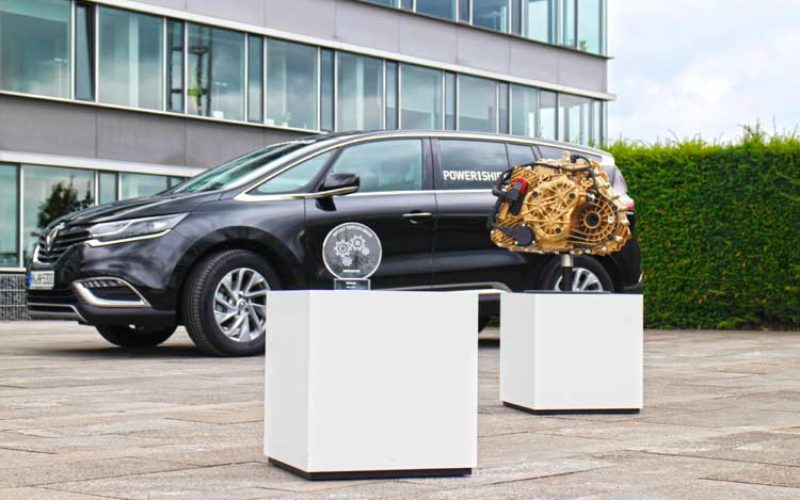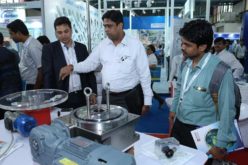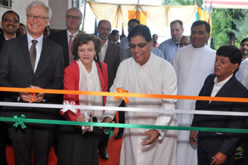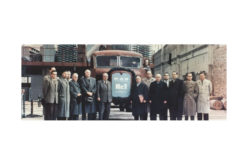Getrag obtains the highly coveted 2015 trophy “Prix de l’innovation Renault-Nissan” for the efficient dual clutch transmission 7DCT300. The award is yearly awarded in the three categories quality, corporate social responsibility and innovation. All suppliers of the Renault-Nissan Alliance were nominated independently; the trophy rewards the best suppliers in each category. The category innovation is the most coveted. For this category not only the right solution is considered but satisfying delivery deadlines and obtaining quality standards as well. Getrag started production of the new 7DCT300 dual-clutch transmission this year in February. The company, which is a specialist in passenger car transmissions, supplies European customers with the newtransmission from its plant in Neuenstein, Germany.
For the Asian market, the transmission will also be produced in China starting in 2017. Bernd Eckl, Getrag Executive Vice President for Sales, emphasizes the importance of the prize: “This award recognises all of our efforts to deliver high-quality, state-of-the-art products to our customers.” Ernest DeVincent, Getrag Vice President and Platform Director for the 7DCT300, adds: “We have been successful in development of this highly innovative product because we put in so much attention early on to understanding and futuring customer needs of next generation transmissions, then carefully developing specs and requirements that deliver to those needs. The entire 7DCT300 team is very proud to receive this award celebrating innovation.” Getrag plans to complement the 7DCT300 with the more compact 6DCT150/200. Based on a new, modular platform, the 7DCT300 is designed for a maximum torque of 300Nm. Smart Actuation, an intelligent poweron- demand actuation system, adds to the high efficiency of the 7DCT300. Its use enables power consumption of about 30W to be achieved with the 7DCT300 – less energy than a light bulb and 3.5% more efficient than second generation DCTs. Hybrid versions of this transmission can be used in vehicles without major changes in installation space, starting in 2018. OEMs can therefore produce conventionally powered and hybrid vehicles on the same production line. Applications extend from 48V mild hybrids up to 360V plugin hybrids.
Photo : Getrag











